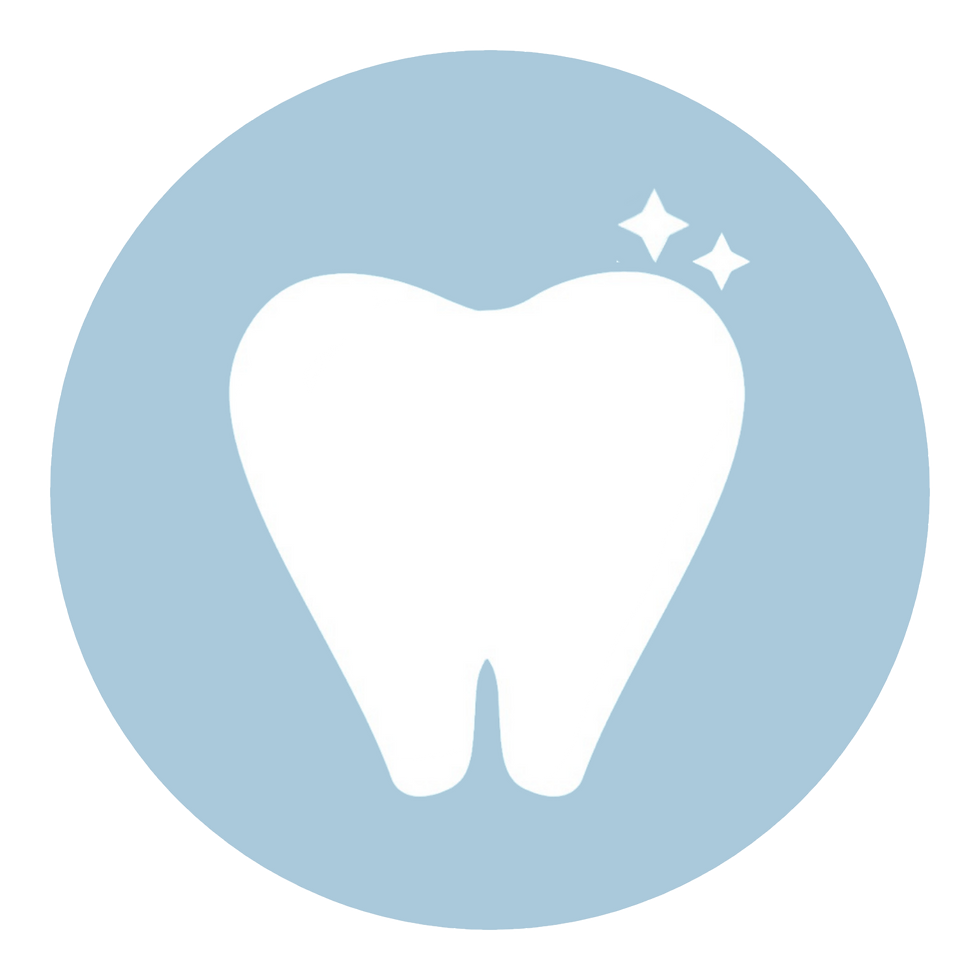Calcium phosphate in oral health
- TeethTab México

- Aug 13, 2021
- 2 min read
To start our blog series about the TeethTabs ingredients, we have Calcium phosphate as the protagonist.

As we told you in the blog entry about dental care, our teeth are always subject to physical and chemical attacks. This leads to the weakening of the dental enamel, that is, its demineralization. That happens when the acids of food and/or beverages* penetrate the enamel, dissolve the apatite crystals, and liberate calcium and phosphate ions far from the tooth's surface. With time, this leads to the destruction of the enamel's structure.
Fortunantely, our body is designed to remineralize the enamel. Healthy saliva contains calcium and phosphate ions. These are liberated with the saliva during and after our food/beverage ingestion over the theeth surface to streighten them again.
It is normal for tooth enamel to gradually demineralize. However, the oral and mineral balance may be affected by various causes such as xerostomia (alteration of the function of the salivary glands resulting in a constant dry mouth sensation), bacterial plaque, poor oral hygiene and poor dietary habits.
Our body is designed to remineralize tooth enamel by itself, however, the oral and mineral balance can be affected by several causes.
Saliva is not always enough to solve and prevent oral cavity problems. That is why odontology has focused on finding methods and materials to help solve and prevent them. In the case of enamel, the ideal compound to emulate and promote the natural mechanism of remineralization has been found: calcium phosphate.

When calcium phosphate is applied, it adheres to the enamel, gums and surrounding tissues and plaque, delivering calcium and phosphate ions where needed. In this way, it emulates and complements the remineralizing effect of saliva.
Saliva is not always enough to solve and prevent oral cavity problems. The ideal compound to emulate an promote the natural mechanism is calcium phosphate.
Its use in different toothpastes has been beneficial over the years and remains one of the main components of a "good toothpaste". That is why we have included it in our TeethTabs.
Its benefits are:
Reducing dental hypersensitivity.
Increasing and improving the quality of salivation in patients with xerostomia and relieving sensitive areas of the mucosa.
Avoiding dental plaque retention on restorations, avoiding their demineralization and making them resistant to abrasion caused by tooth brushing.
Reducing hypersensitivity caused by whitening treatments and contributing to their effectiveness.
Stopping the advance of enamel cavities by remineralizing those areas and stopping white spot lesions.
So this is how one of out Teethtabs ingredients emulate the natural way of enamel reparation.
* If you want to know which are the most harmful food/drinks and how to keep them in your diet without damaging your smile, check out this blog post.
Don't miss any of our news! We would love for you to follow us on our social media. You can also register to our website.
Send us your petitions, questions, recommendations, and complaints to info@teethtab.mx. We would love to read them too.

Thank you for reading us.
Your team, TeethTab.
También puedes encontrar este post en Español.
Our references:
Simeone Giordano S. Usos y efectos del Fosfato de Calcio Amorfo (FCA) en la odontología restauradora y preventiva. Acta Odontológica Venezolana 2010; 48(3).
Cedillo Valencia CC. Uso de los derivados de la caseína en los procedimientos de remineralización. REVISTA ADM 2012;69(4): 191-199.



Comments